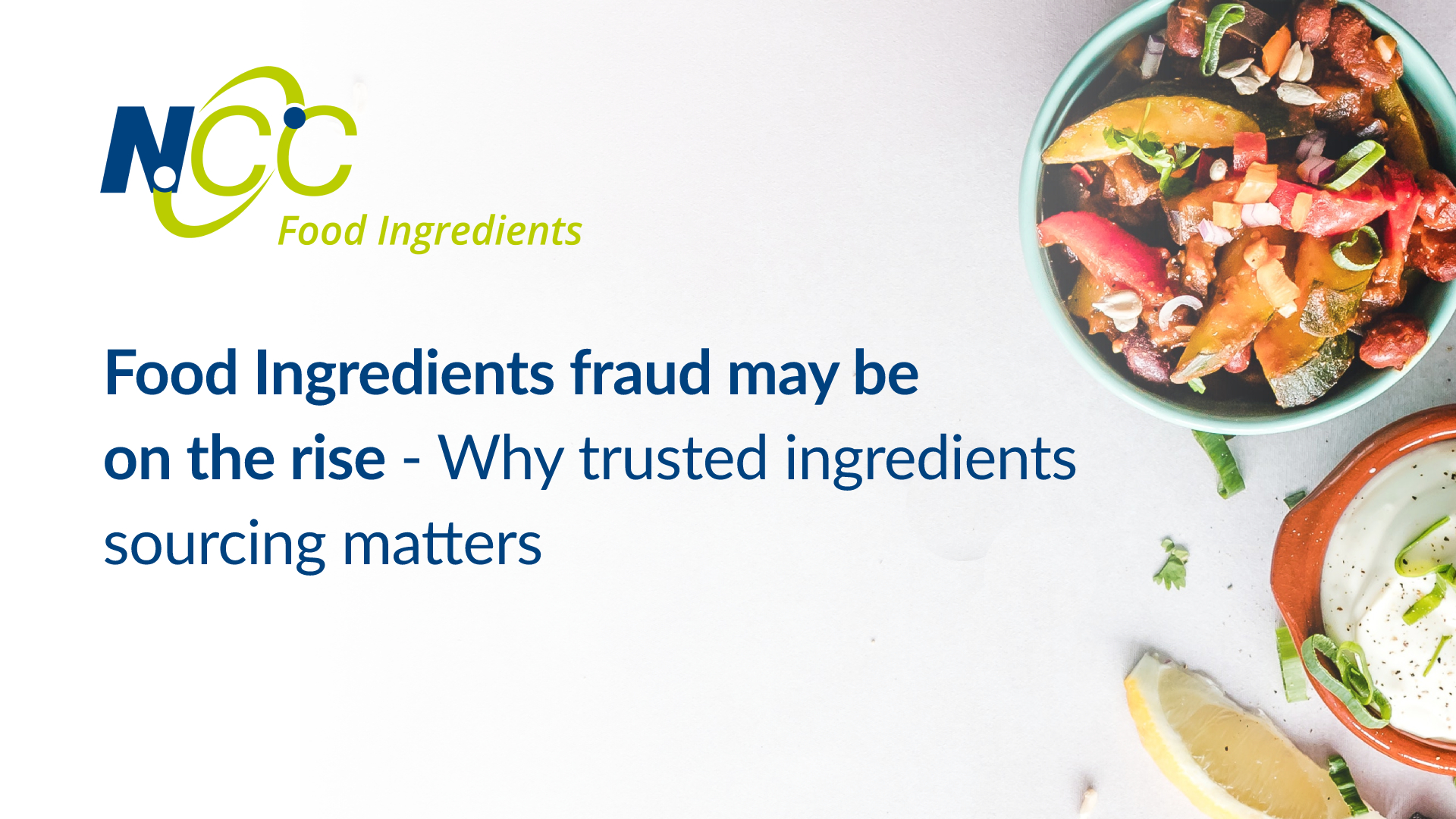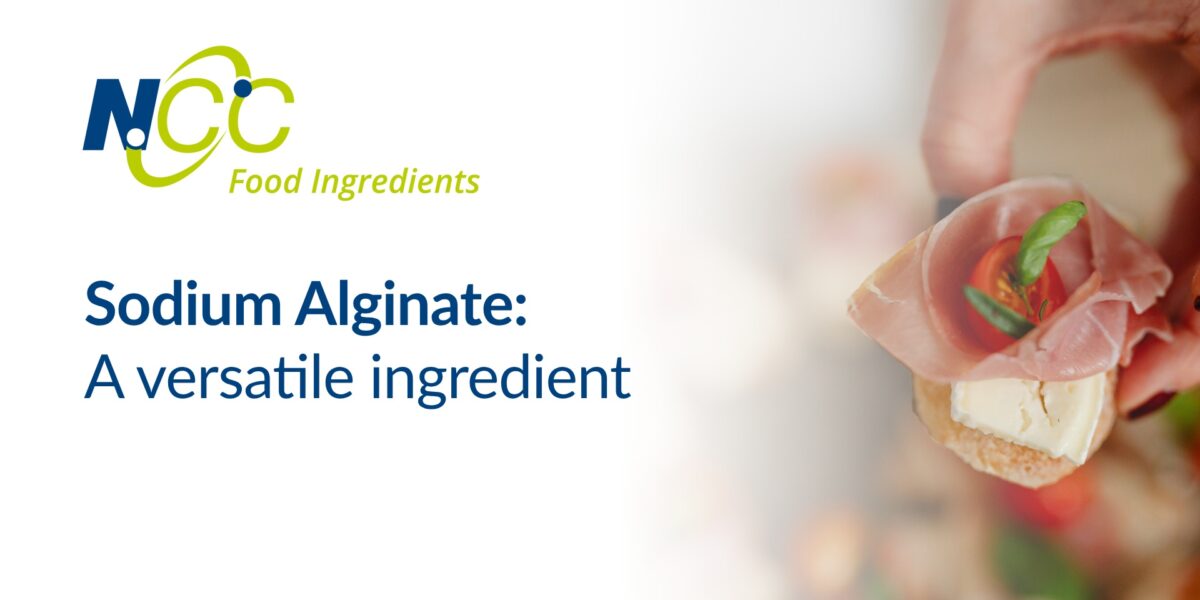Lisa Kelly, Sales Executive, Food Ingredients, takes a closer look at food fraud.
Many consumers make purchasing decisions based on the ingredients, nutritional benefits, and sustainability credentials of a product. As a result, it is has become increasingly common to see major brands highlight their products health credentials as well as sustainability. Unfortunately, organised criminal groups have realised that there is considerable profit to be made by conducting food fraud in relation to raw ingredients. If a fraudulent raw ingredient enters the supply chain undetected it can result in serious damage to a brand if it comes to light. To clarify, food fraud can range from changing the best before dates of a gone off product to mislabelling an ingredient. Mislabelling can range from altering the provenance of a product through to more extreme examples such as selling chemically altered sunflower oil as extra virgin olive oil.
Consumer trust is hard won
One of the most well publicised incidents was the 2013 horse meat scandal, in which horse meat was sold as beef and entered the food chain. It was a major issue that impacted a considerable amount of well-known ready meal brands and was Europe wide in scope. A number of arrests were made, and changes implemented as to avoid a repeat. Consumer trust in ready meal brands as well as the meat industry was seriously damaged. It essentially laid bare how complex and connected supply chains can be as well as opaque. Even though changes were made to avoid future issues, unfortunately criminals will often just move on to the next low hanging fruit.
From the 1st of December 2018 through to 30th of April 2019, an ongoing joint Europol INTERPOL operation entitled Operation Opson VIII took place. It involved the cooperation of 78 countries around the world and the results offer a stark reminder that food fraud has not gone away. According to the report, 16,000 tonnes and 33 million litres of potentially dangerous fake food and drink were seized, with an approximate value of €100 million. Some examples of what the joint operation exposed included rotten meat, chemically coloured tuna and fake baby milk powder.
Food Ingredients fraud may be on the rise
Unfortunately, with the current global COVID-19 pandemic as well as teething issues with Brexit, food fraud may be increasing. With supply chains and production lines under huge pressure and delays becoming a common occurrence across the board, this has resulted in significant disruption. In turn this has created an opportunity for criminals to fill the gap with fraudulent goods which could enter the food chain due to institutions and companies being over stretched.
If your company has not already done so, then it would be advisable to conduct a review to identify ingredients that may be vulnerable to fraud. If an ingredient is suspiciously low in cost or demand exceeds supply, then this could be an indicator. Having a sourcing partner that you trust, with an in-house Quality and Compliance department certainly goes a long way to providing peace of mind that the ingredients going into your food products are exactly what they should be.
Can we assist?
At NCC Food ingredients we work directly with food producers from reformulation right through to new product development. With in-house Sourcing as well as a Quality & Compliance department, we ensure that our products are exactly what they should be. We have the experience and expertise to ensure that not only do you get the exact ingredient that you are seeking but that you have peace of mind knowing that the ingredients in your products are real and not fraudulent.
NCC Food ingredients is an award-winning sourcing provider of functional and innovative ingredients. We recently won Ingredients Supplier of the Year. Our customer base ranges from international producers of foods and beverages to small niche artisan creators of fine foods. If you’d like to discuss the 2021 Food Trends mentioned in this article or enquire how we can assist your business, then simply fill out the form below and we’ll be in touch.





